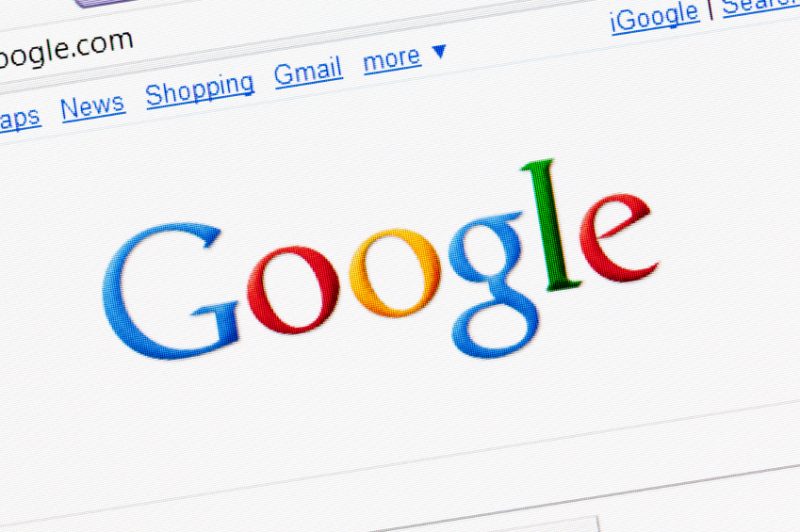
The EU’s 2006 passage of the “Right to Be Forgotten” law gives European citizens the ability to force Google and other search engines to remove links to old or irrelevant information.
The passage of that law increases the contrast between legislation regarding online publishing in Europe and the United States. In the U.S. there are still very few legal boundaries constraining the publication and distribution of online content. Authors are free to post most any material anonymously. If anyone finds that material to be damaging, they have little leverage to demand a retraction and no clear target for prosecution. Discussion about new legislation has revolved around freedom of speech issues, issues that have strong advocates.
Understanding the implications of the main U.S. law governing the Internet — Section 230 of The Communications Decency Act – is helpful in knowing how to best protect the privacy, security and reputations of U.S. citizens. That law frees website owners from legal responsibility for what others post on their sites.
There is much discussion in the U.S. about updating Section 230, most recently in The New York Times’ article, What’s Behind the Fight Over Section 230. As reporter Shira Ovide observes:
“…The 26-word law allows websites to make rules about what people can or can’t post without being held legally responsible (for the most part) for the content.
If I accuse you of murder on Facebook, you might be able to sue me, but you can’t sue Facebook. If you buy a defective toy from a merchant on Amazon, you might be able to take the seller to court, but not Amazon. (There is some legal debate about this, but you get the gist.)
The law created the conditions for Facebook, Yelp and Airbnb to give people a voice without being sued out of existence. But now Republicans and Democrats are asking whether the law gives tech companies either too much power or too little responsibility for what happens under their watch.”
The answer is, yes.









